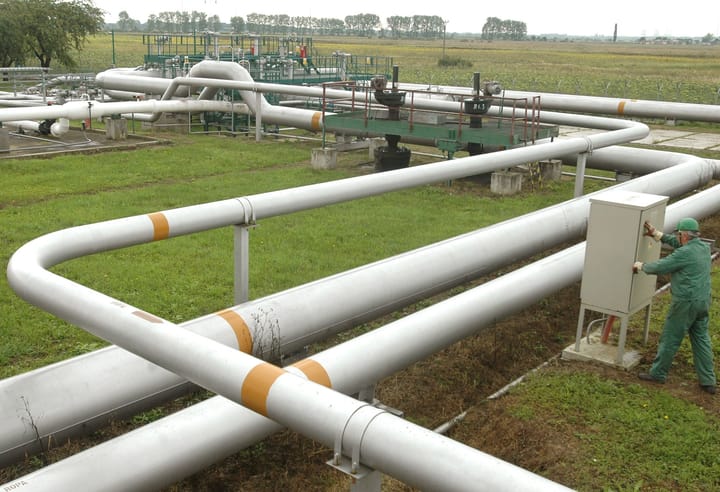RRZ: Consolidation Measures to Cut Family Income by 2.1% on Average

Bratislava, 10 November (TASR) – A heavy focus on measures that burden economic activity and investment will lead to a slower decline in future deficits, thereby extending the consolidation period, the Council for Budget Responsibility (RRZ) reported on Monday.
Moreover, as a result of the adopted measures, households' disposable incomes, including those of individuals, will decrease on average by 2.1 percent next year
“The annual impact on an individual without children will be 247 euros, a family of two adults and one child will see their income fall by 742 euros, and a family of two adults and two children by 858 euros.
The most affected will be families of working age with labour income, while pensioner households (a decrease of 65 euros) and other families without labour income will be least affected.
The immediate drop in disposable household income will be mainly caused by higher health insurance contributions, as well as by changes to the social contribution system for the self-employed and an increase in income tax rates,” the experts explained.
According to RRZ, official tax data show that families with at least one self-employed member will be most affected in terms of economic activity.
However, the percentage decline for the self-employed is distorted by the fact that their declared income is often much lower than their actual economic status, RRZ underlined.
Next year, RRZ expects economic growth to be 0.4 percentage points lower compared to projections without consolidation.
RRZ also estimates that the package of measures could improve the general government balance in 2026 by 1.1 percent of GDP, with the overall positive impact on the deficit likely to remain around one percent of GDP in subsequent years.
According to experts, the package's contribution to deficit reduction will also slow debt growth, although the debt remains on an unsustainable upward trajectory. In 2024, public debt reached 59.7 percent of GDP, and despite all adopted measures, it is projected to rise to 73.4 percent by 2029.
“The package also improves the long-term sustainability of public finances, which is currently close to the high-risk threshold.
Although the package alone could improve sustainability by up to 0.9 percent of GDP, when combined with other factors, including new spending measures adopted with the budget, the final impact on long-term sustainability will be reduced to around 0.3 percent of GDP,” the CBR added.



